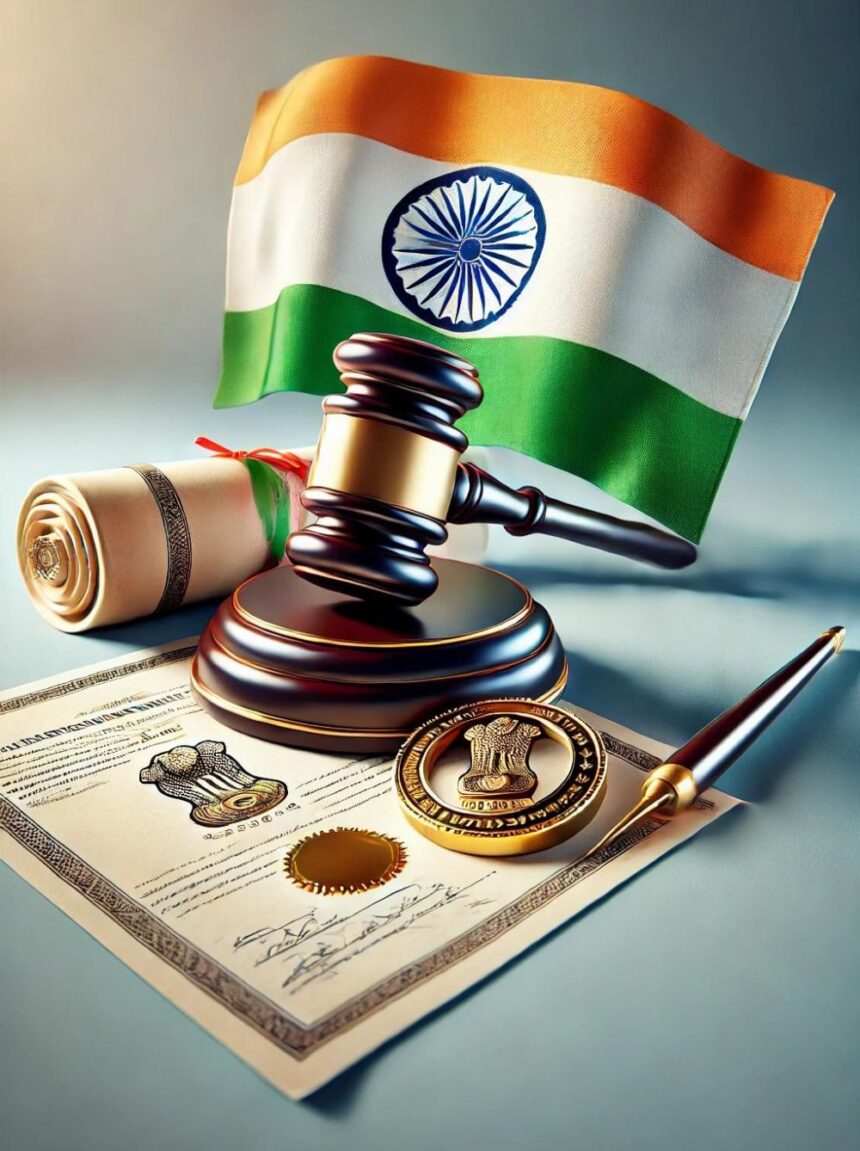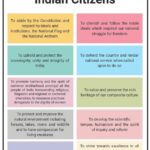Fundamental Rights of India
Fundamental Rights are the basic human rights guaranteed to all citizens of India by the Constitution of India. They ensure liberty, equality, and justice for everyone, protecting individuals from arbitrary actions of the state.
- Fundamental Rights of India
- Historical Background
- Types of Fundamental Rights
- 1. Right to Equality (Articles 14–18)
- 2. Right to Freedom (Articles 19–22)
- 3. Right against Exploitation (Articles 23–24)
- 4. Right to Freedom of Religion (Articles 25–28)
- 5. Cultural and Educational Rights (Articles 29–30)
- 6. Right to Constitutional Remedies (Article 32)
- Key Features of Fundamental Rights
- Importance of Fundamental Rights
- Conclusion
These rights are enforceable by the courts, meaning citizens can approach the judiciary if any of these rights are violated.
Historical Background
Inspired by the Universal Declaration of Human Rights (1948) and the Bill of Rights in the U.S. Constitution.
Enshrined in Part III (Articles 12–35) of the Indian Constitution.
Aim to promote individual freedom while balancing social justice.
Types of Fundamental Rights
The Constitution provides six main Fundamental Rights:
1. Right to Equality (Articles 14–18)
Purpose: Ensures equality before the law and equal opportunities for all citizens.
Key Provisions:
Article 14: Equality before the law and equal protection of the laws.
Article 15: Prohibits discrimination on the basis of religion, caste, sex, or place of birth.
Article 16: Guarantees equal opportunity in public employment.
Article 17: Abolishes untouchability.
Article 18: Abolishes titles (except military or academic distinctions).
Significance: Promotes social justice and prevents discrimination.
2. Right to Freedom (Articles 19–22)
Purpose: Ensures personal liberty and freedom of expression.
Key Provisions:
Article 19: Freedom of speech, expression, assembly, association, movement, residence, and profession.
Article 20: Protection in criminal cases (protection against arbitrary arrest and ex post facto laws).
Article 21: Right to life and personal liberty, including the right to live with dignity.
Article 22: Protection for preventive detention and rights during arrest.
Significance: Protects individual liberty while maintaining public order.
3. Right against Exploitation (Articles 23–24)
Purpose: Protects citizens from exploitation and forced labor.
Key Provisions:
Article 23: Prohibits human trafficking and forced labor (begar).
Article 24: Prohibits child labor under the age of 14 in factories, mines, or hazardous employment.
Significance: Ensures dignity and safety of individuals, particularly children and vulnerable groups.
4. Right to Freedom of Religion (Articles 25–28)
Purpose: Ensures religious freedom and protects secularism.
Key Provisions:
Article 25: Freedom of conscience and free profession, practice, and propagation of religion.
Article 26: Freedom to manage religious affairs.
Article 27: No person can be forced to pay taxes for the promotion of any religion.
Article 28: Freedom for educational institutions to impart religious instruction (optional for students).
Significance: Strengthens secularism and individual freedom of faith.
5. Cultural and Educational Rights (Articles 29–30)
Purpose: Protects minority groups and their culture, language, and education.
Key Provisions:
Article 29: Protects the interests of minorities and allows them to conserve their culture.
Article 30: Right of minorities to establish and administer educational institutions of their choice.
Significance: Preserves India’s rich cultural diversity and supports minority education.
6. Right to Constitutional Remedies (Article 32)
Purpose: Enables citizens to approach the Supreme Court or High Courts to enforce Fundamental Rights.
Key Provisions:
Article 32: Called the “heart and soul” of the Constitution by Dr. B.R. Ambedkar.
Citizens can file writ petitions like Habeas Corpus, Mandamus, Prohibition, Certiorari, and Quo Warranto.
Significance: Ensures that citizens can protect their rights effectively.
Key Features of Fundamental Rights
Justiciable: Can be enforced in courts.
Universal: Granted to all citizens, with some rights applicable to non-citizens.
Limitations: Rights are subject to reasonable restrictions in the interest of security, public order, morality, and sovereignty.
Dynamic: Can evolve through judicial interpretation.
Importance of Fundamental Rights
Protect Individual Freedom: Ensures liberty, dignity, and equality.
Promote Justice and Social Welfare: Eliminates discrimination and exploitation.
Maintain Democracy: Empowers citizens to participate actively in governance.
Safeguard Secularism and Diversity: Protects cultural, religious, and educational rights.
Conclusion
The Fundamental Rights of India are the cornerstone of the nation’s democracy. They provide a balance between individual freedom and social welfare, ensuring that citizens can live with dignity, equality, and liberty. By safeguarding these rights, India remains a just, inclusive, and progressive society.








